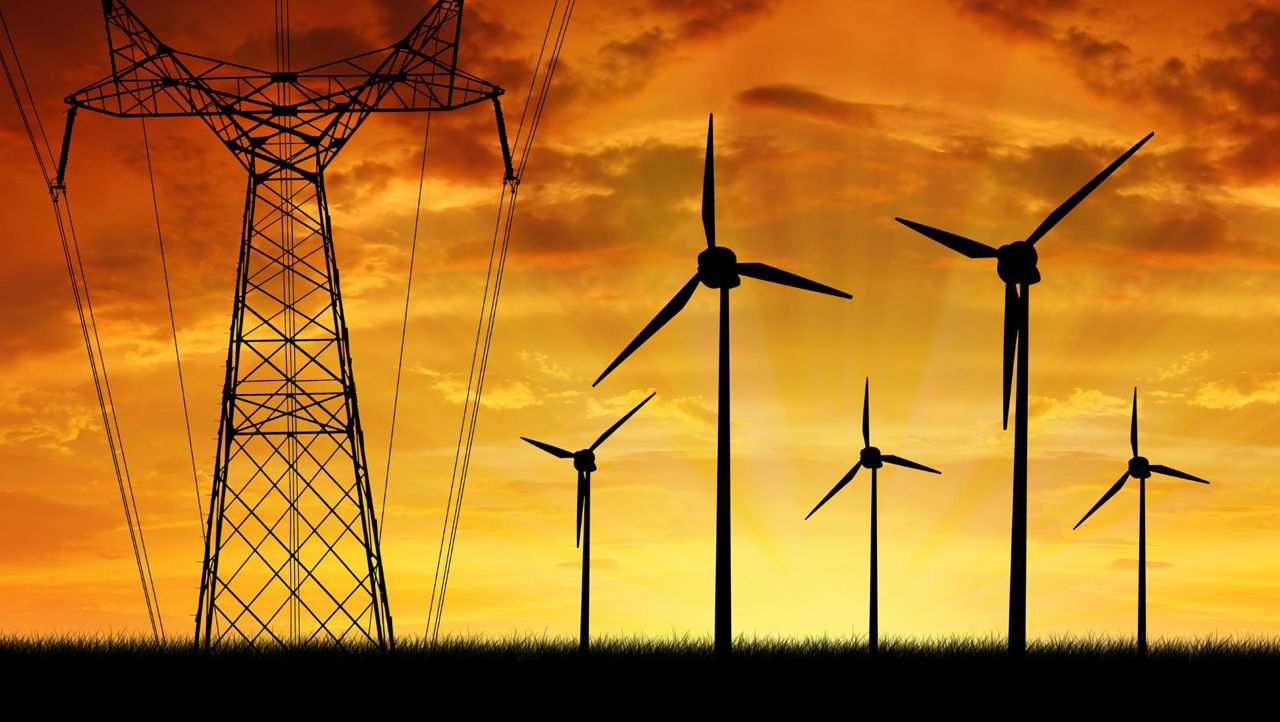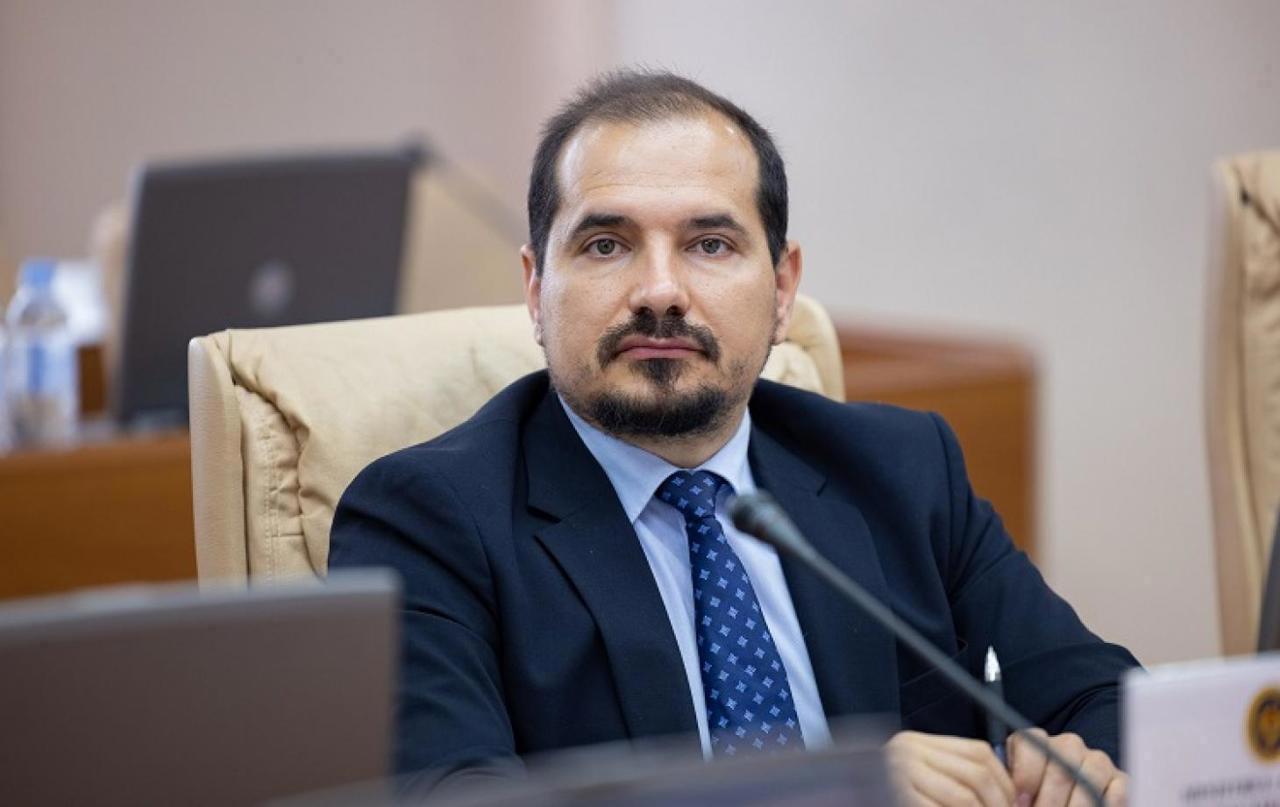Andrei Spînu: 30% of the electricity needs will be covered by renewable energy, until 2025
The Chisinau authorities have developed an energy strategy until 2050, which aims to develop renewable energy sources. For next year, the authorities have set their goal to increase investments for the creation of renewable energy systems and tenders will be launched for larger capacities, stated the Minister of Infrastructure and Regional Development, Andrei Spînu. According to him, in the year 2025, we will have at least 30% of the electricity requirement covered by renewable energy.

"Procedures are being organised to launch the construction of the new thermal power plants. The feasibility study procedure has been launched for a plant with a capacity of 250 MW, and two plants with a capacity of 50 MW will be ready by 2025. This week, laboratory testing continues for various components of the Vulcănești-Chișinău high-voltage power line, and the actual works will be launched next spring. We will get through this winter just fine. We now have an MGRES electricity supply contract. We agreed to maintain this contract until March", Andrei Spînu explained.
Until December 11, Romania offered the Republic of Moldova approximately 50 percent of the electricity needed through bilateral contracts, at a price of 90 euros per megawatt, says Andrei Spînu in an interview for DW. Currently, Romania delivers electricity to the Republic of Moldova through a 20 megawatt contract. According to the deputy prime minister, if the contract with the Cuciurgan Power Plant had not been signed, the tariff for one KWh of electricity for consumers would have reached, at the end of December, at least 8 lei, almost double the current tariff of 4.62 lei.
Andrei Spînu stated in the same interview that the tariff increase would have created a wave of price increases in the chain, including bread and other social products, and a new increase in inflation would have been inevitable.
The European energy community welcomed Chisinau's decision to resume electricity supplies from the Cuciurgan Power Plant, but some voices in society criticised the contract.
Previously, during the program "At 360 degrees" on Radio Moldova, the Ambassador of the European Union in Chisinau, Janis Mazeiks, stated that the signing of the electricity supply contract from the Cuciurgan Power Plant for the resumption of electricity supplies is a solution short term, which however has positive consequences for the Republic of Moldova.




